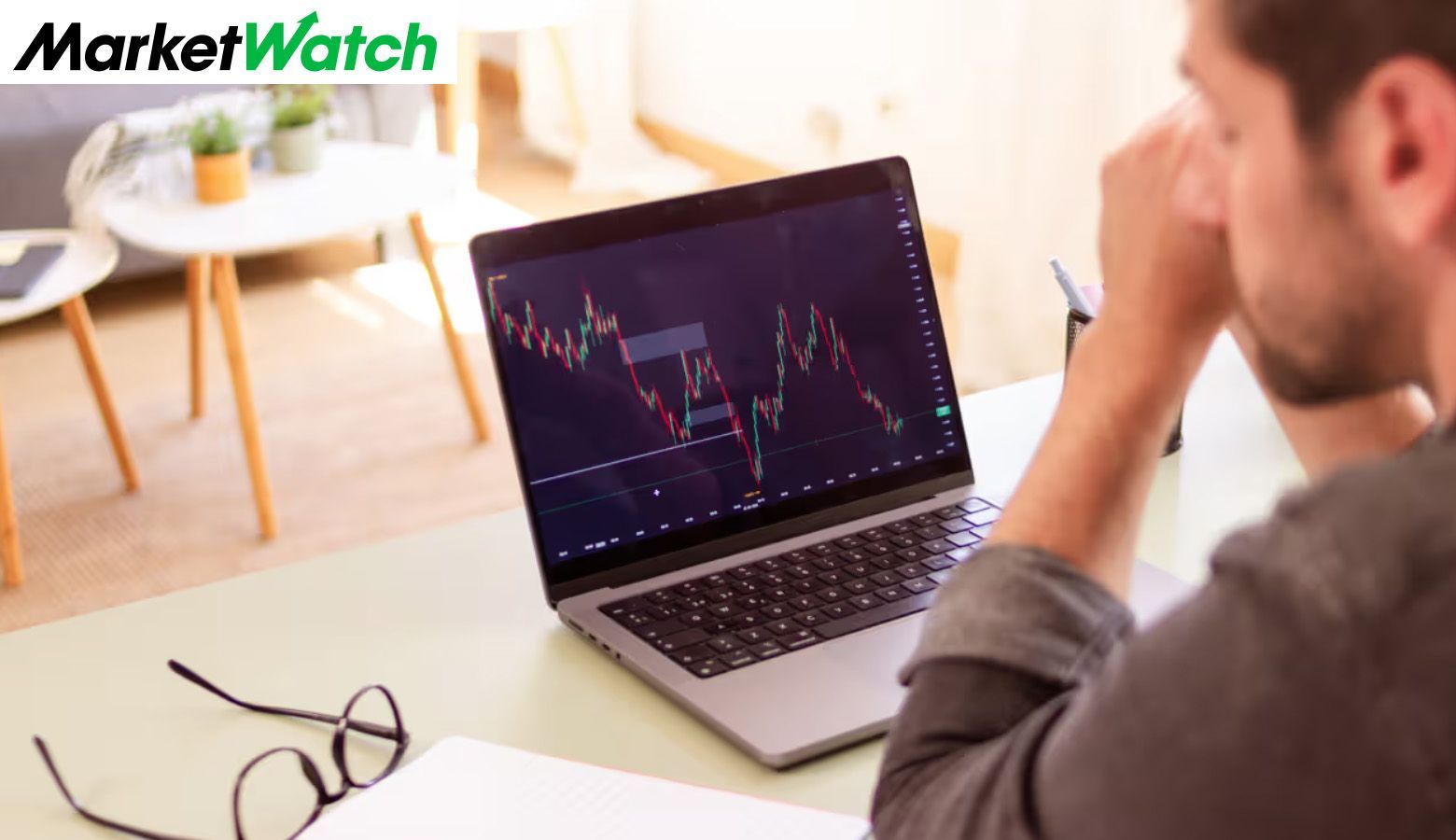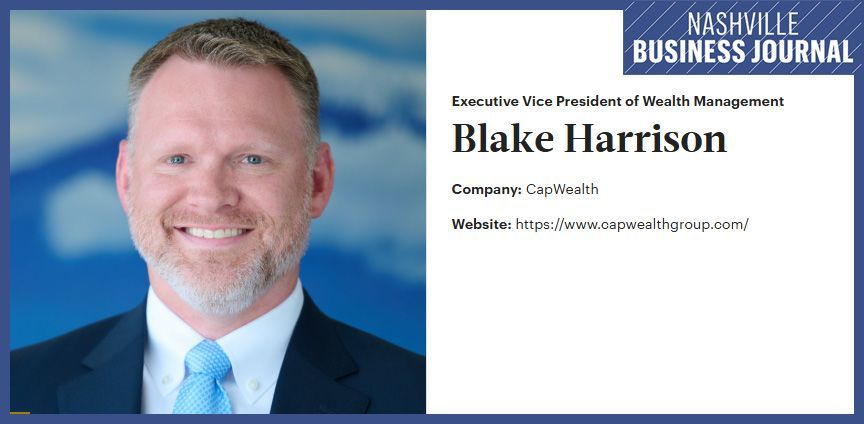Has your portfolio been naughty or nice this year?
December 17, 2015
When it comes to the holidays, it’s better to give than to receive. But when it comes to investing, it’s better to receive than to give. That’s the whole point, after all. You invest your money with the aim of generating future returns — you certainly hope you’re not giving it away!
Now that we’ve cleared that up, what kind of returns should an investor expect? The end of the year is quickly approaching — how will you assess your investment performance when those year-end statements arrive?
Determining your return
If you’ve tried to calculate your own investment performance, you know how difficult the task is to do manually. Investment portfolios experience contributions, withdrawals, dividend payments that may or may not be reinvested, buys, sells, etc. — the numbers you’re using are a moving target. Determining the performance of your portfolio with pencil and paper can be more maddening than trying to help your teenager with their calculus homework.
Most investors don’t need to reach for their calculator to determine the return on their investment account because the statement often provides the return figure (however, many firms make it difficult to find). But what does that performance number mean to you and your family? How do you know if your performance is keeping up with everyone else? If you earned 6 percent this year, is that good?
Performance is always relative
Performance numbers don’t have a lot of meaning without a benchmark index — a group of investments that are similar to yours — as a reference point or measuring stick with which to compare your performance. Your 6 percent return might feel good, but if the benchmark index was up 16 percent, you underperformed the market and probably didn’t keep up with everyone else. Performance is always relative to the benchmark indexes and to the amount of risk you take.
In investing, risk and return go hand in hand. The more risk you take as an investor, the greater the return could be. How much return would you need to invest in swamp land in south Florida? The potential return would need to be huge to compensate you for the risk you are taking by buying swamp land and all its challenges to development. If your portfolio is very conservatively invested, you should not expect to outperform the market because you haven’t taken as much risk as the market. This makes finding a relative benchmark index somewhat difficult, but not impossible. As a general rule, if you’re invested in stocks, you can measure your returns against the S&P 500 Index, which is widely regarded as the broadest measure of the entire stock market. If your portfolio is in bonds, the broad measure of the bond market is the Barclays Capital U.S. Government/Credit Bond Index.
Remember, each person’s investment objectives are based on age, health, income, lifestyle needs and other unique factors and therefore aren’t the same as other people’s. So your returns may very well be designed to be lower because you’re intentionally taking less risk.
The right level of risk
As of Dec. 16, the performances of the S&P 500 and Barclays Capital U.S. Government/Credit Bond Index in 2015 are positive 0.69 percent and positive 0.05 percent, respectively. Unless Santa delivers a large market rally, investors should be expecting tepid returns for 2015 when they open their year-end statements. After you’ve reviewed your year-end statement, if you’re concerned that your performance over the last few years just isn’t sufficient to accomplish your financial goals and objectives over the long term, make an appointment with your financial adviser to discuss the level of risk you are taking. It might be that you are not taking enough risk to accomplish your goals.
If your portfolio is constructed with the right level of risk, and underperformance is more of a pattern than an anomaly this year, it might be time to think about changing your investment strategy, your financial adviser or both.
Phoebe Venable, chartered financial analyst, is president and COO of CapWealth Advisors. Her column on women, families and building wealth appears every other Saturday in The Tennessean. To learn more about her or her firm, visit www.capwealthadvisors.com.













